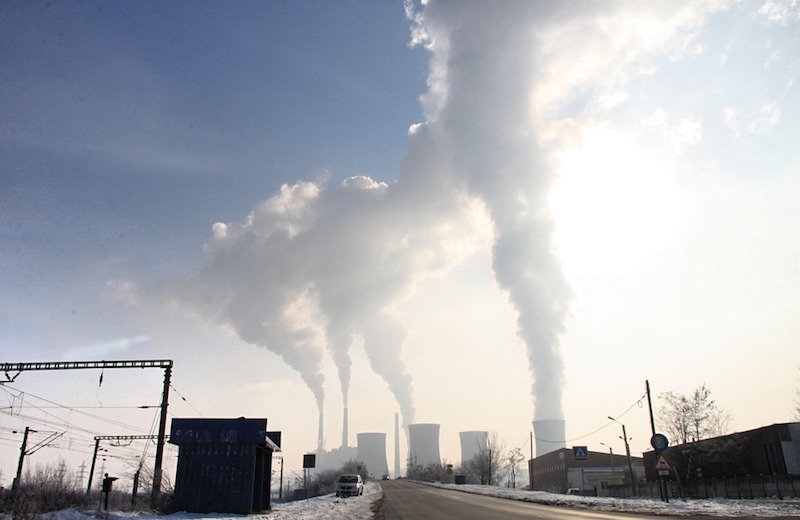Transportation accounts for more than a quarter of U.S. carbon emissions, making it the largest source of U.S. carbon emissions.
This sector surpassed power generation in 2017 as the top emitter. Urban sprawl, and the transportation challenges it presents, is one of the reasons for this development. Some argue that climate change can’t be mitigated without addressing this issue—even if power generation goes completely green.
The U.S. House of Representatives’ Committee on Transportation and Infrastructure recently addressed this issue and raised some solutions. Among them was the need to view infrastructure and climate change as linked issues, not separate ones.
Though no consensus emerged from the deliberations, one view was that low-carbon and storm-resilient transportation systems including public transit should be priorities. Also, climate resiliency should include natural solutions such as restored wetlands.
Related Stories
| Mar 22, 2012
Symposium on water efficiency: How much more water can be saved?
The Third International Emerging Technology Symposium by IAPMO and the World Plumbing Council features a session on water efficiency.
| Mar 22, 2012
Broker doesn’t have to inform contractor that insurer went broke, California court rules
A California appellate court ruled that an insurance broker did not have a duty to inform a subcontractor that a project’s insurer had gone bankrupt.
| Mar 22, 2012
Public agencies shouldn’t negotiate project labor agreements, says AGC official
When a public agency rather than the contractor negotiates a PLA with unions, it interferes with the right of employers and workers to reach their own agreements on working conditions and benefits, says Steve Isenhart, president of the Associated General Contractors of Washington.
| Mar 22, 2012
Proposed rule would let crane operators get licenses without prior city experience
The Bloomberg administration is considering letting operators of giant tower cranes get their license without requiring that they first run cranes as apprentices in the city for three years.
| Mar 22, 2012
Bill would reintroduce “opt-out” provision in lead paint law
The Lead Exposure Reduction Amendments Act of 2012 (S2148) would restore the "Opt-Out" provision removed from the Environmental Protection Agency's Lead Renovate, Repair and Painting (LRRP) rule in April 2010.
| Mar 15, 2012
New Florida building code establishes flood and storm surge provisions
The new 2010 code establishes minimum design and construction requirements to protect buildings from wind, rain, floods, and storm surges.
| Mar 15, 2012
Illinois city rejects international code due to home sprinkler requirement
Macomb, Illinois aldermen voted to recommend that the city not adopt 2012 international building and residential code standards requiring the installation of overhead sprinkler systems in newly constructed one-family and two-family homes.
| Mar 15, 2012
Tenant advocates propose licensing landlords in New York City
With thousands of New York City rental units posing potential dangers to tenants, city advocates are proposing measures to make landlords improve building safety.















